For a typical nucleophilic aromatic subsitution reaction to take place.
(1) Nucleophilic atom should be of oxygen, nitrogen or sulphur.
(2) Leaving group should be halide .
(3) There should be strong electron withdarwing at ortho and para position to leaving group.

Find out correct product of following reaction :
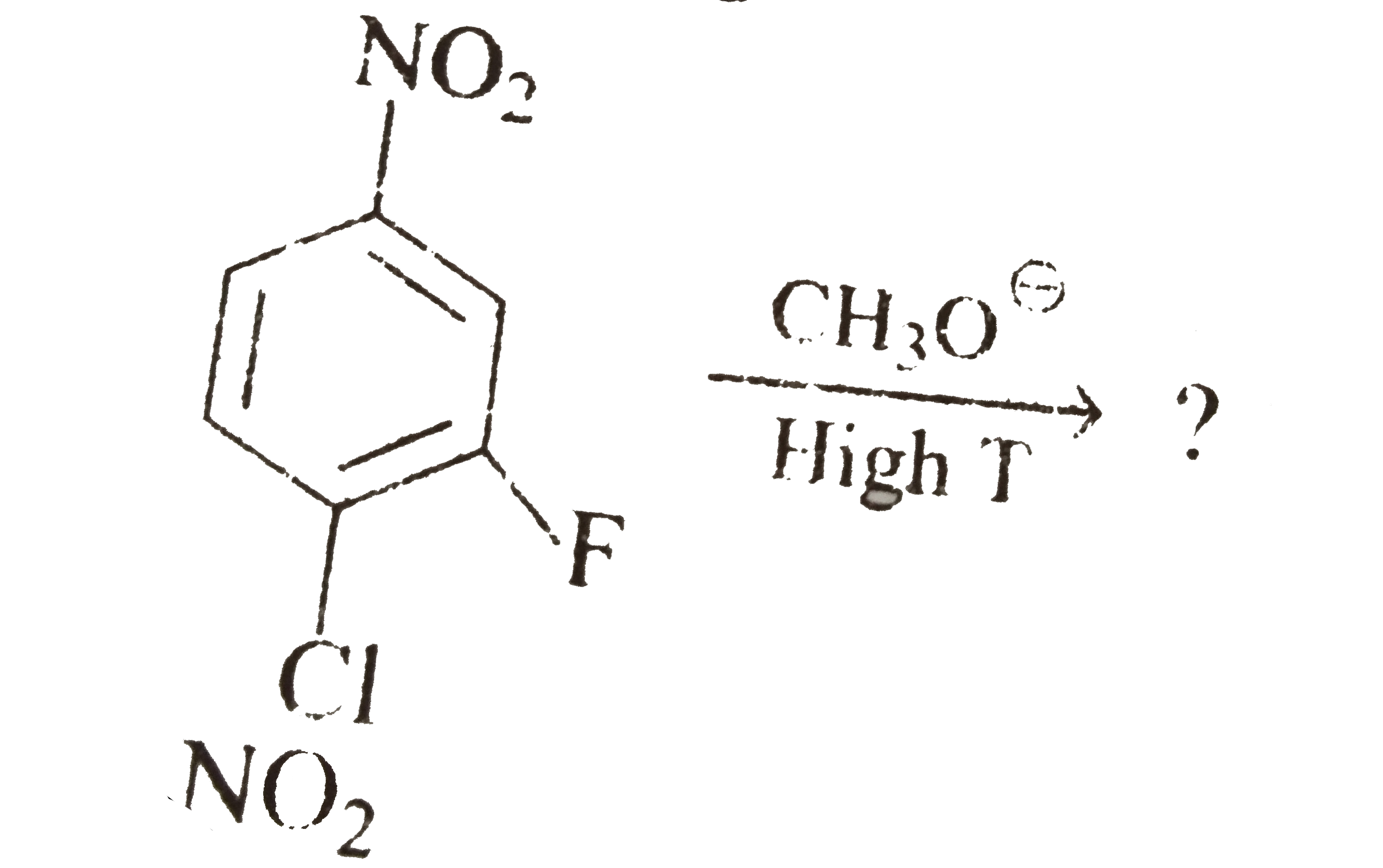
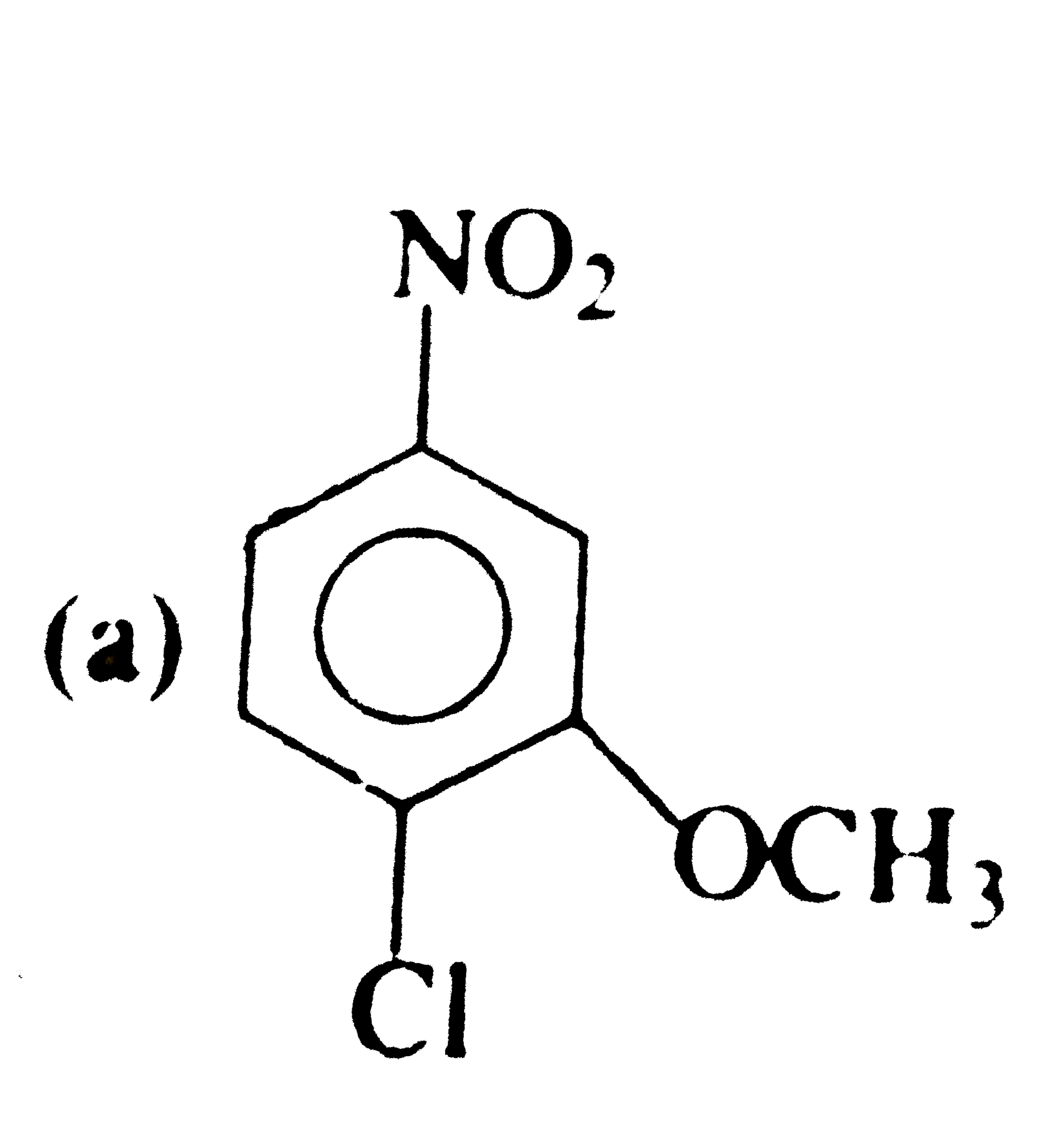


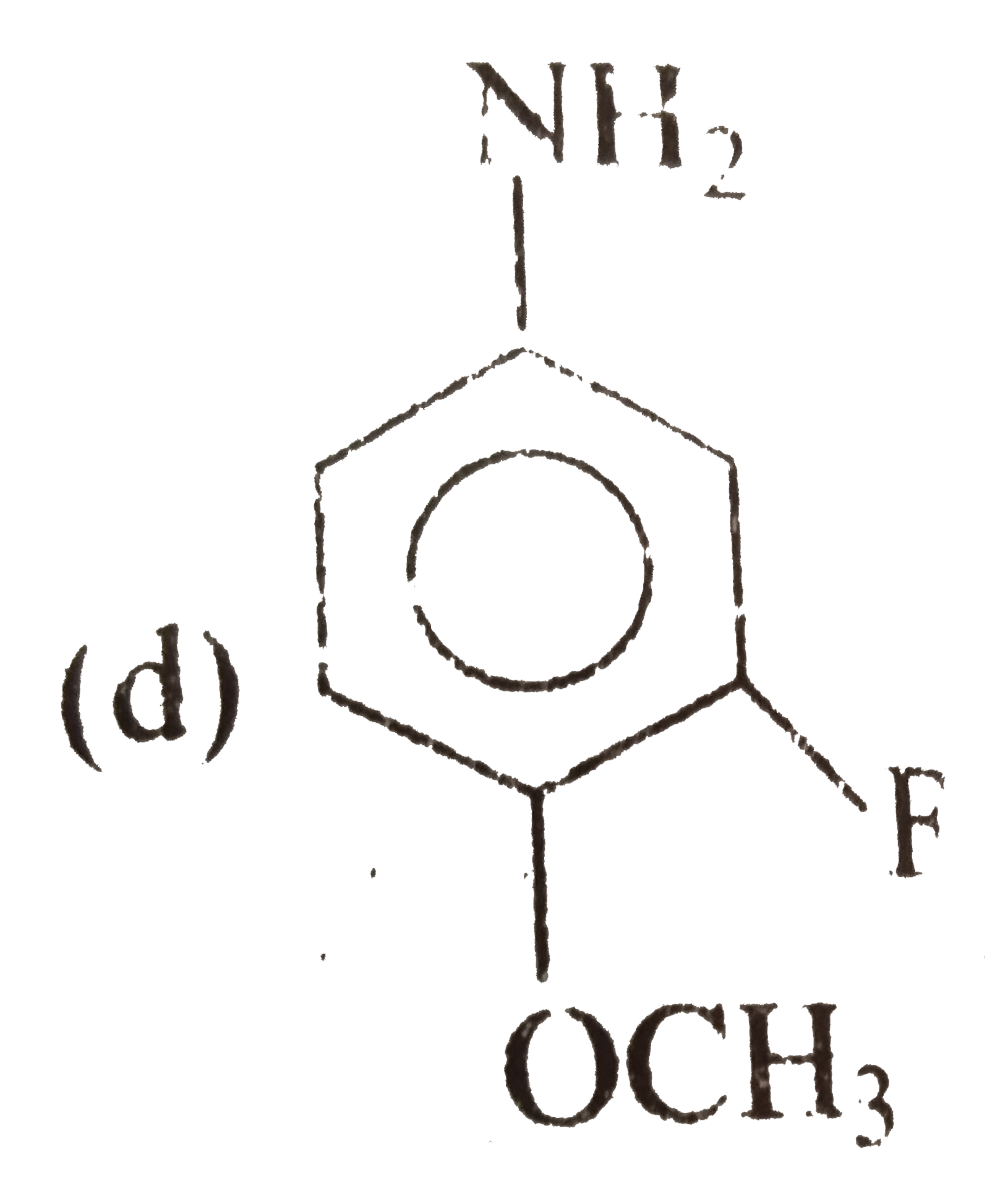
The correct Answer is:B
Step by step video, text & image solution for For a typical nucleophilic aromatic subsitution reaction to take place. (1) Nucleophilic atom should be of oxygen, nitrogen or sulphur. (2) Leaving group should be halide . (3) There should be strong electron withdarwing at ortho and para position to leaving group. Find out correct product of following reaction : by Chemistry experts to help you in doubts & scoring excellent marks in Class 12 exams.
Topper's Solved these Questions
- BOOK - HIMANSHU PANDEYCHAPTER - AROMATIC HYDROCARBONSEXERCISE - Match The Column5videos
AROMATIC HYDROCARBONS
- BOOK - HIMANSHU PANDEYCHAPTER - AROMATIC HYDROCARBONSEXERCISE - Integer Answer Type Problems10videos
AROMATIC HYDROCARBONS
- BOOK - HIMANSHU PANDEYCHAPTER - AROMATIC HYDROCARBONSEXERCISE - More Than One Correct (Q.26 To Q.35)10videos
AROMATIC HYDROCARBONS
- BOOK - HIMANSHU PANDEYCHAPTER - AMINESEXERCISE - Subjective Type Problems5videos
AMINES
- BOOK - HIMANSHU PANDEYCHAPTER - BIOMOLECULESEXERCISE - Match The Column6videos
BIOMOLECULES
Similar Questions
Knowledge Check
- Question 1 - Select One
For a typical nucleophilic aromatic substitution reaction to take place .
1. Nucleophilic atom should be of oxygen nitrogen or sulphur.
2. Leaving groups should be halide.
3. There should be strong electron withdrawing at ortho and para position to leaving group.
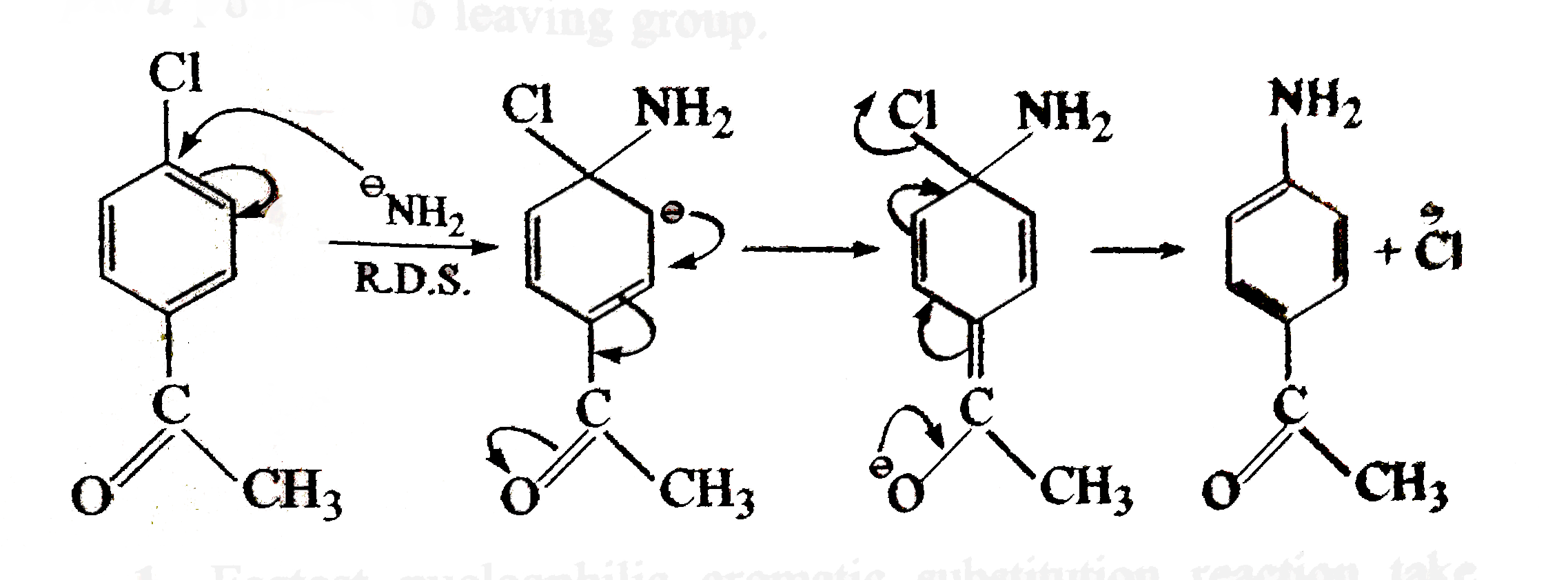
Find out correct product of following reaction
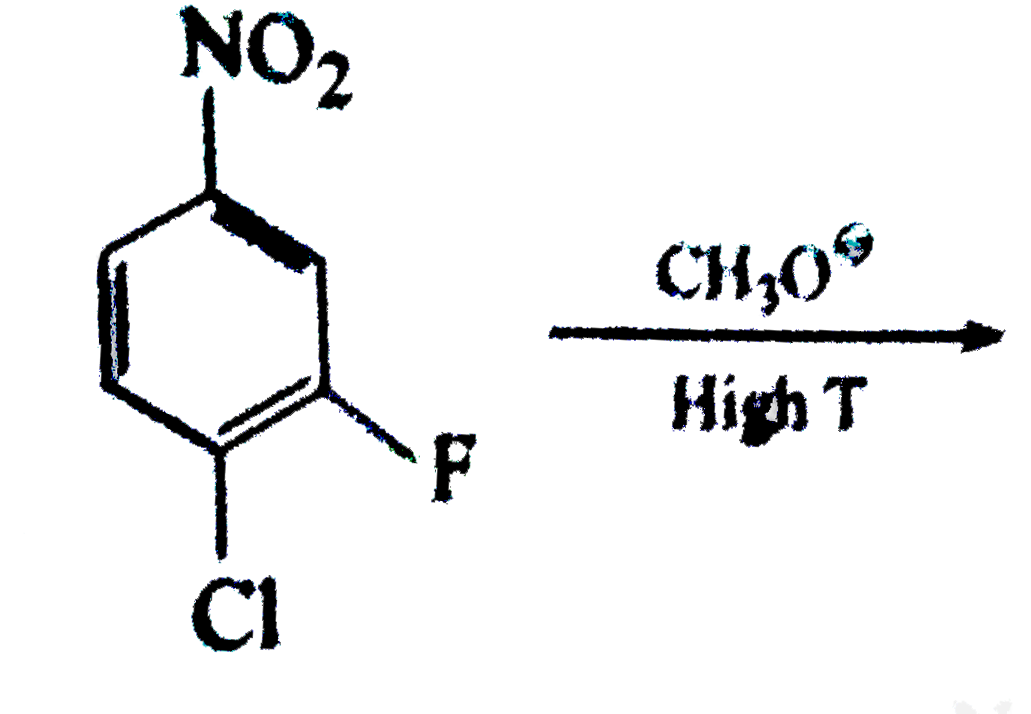 A
A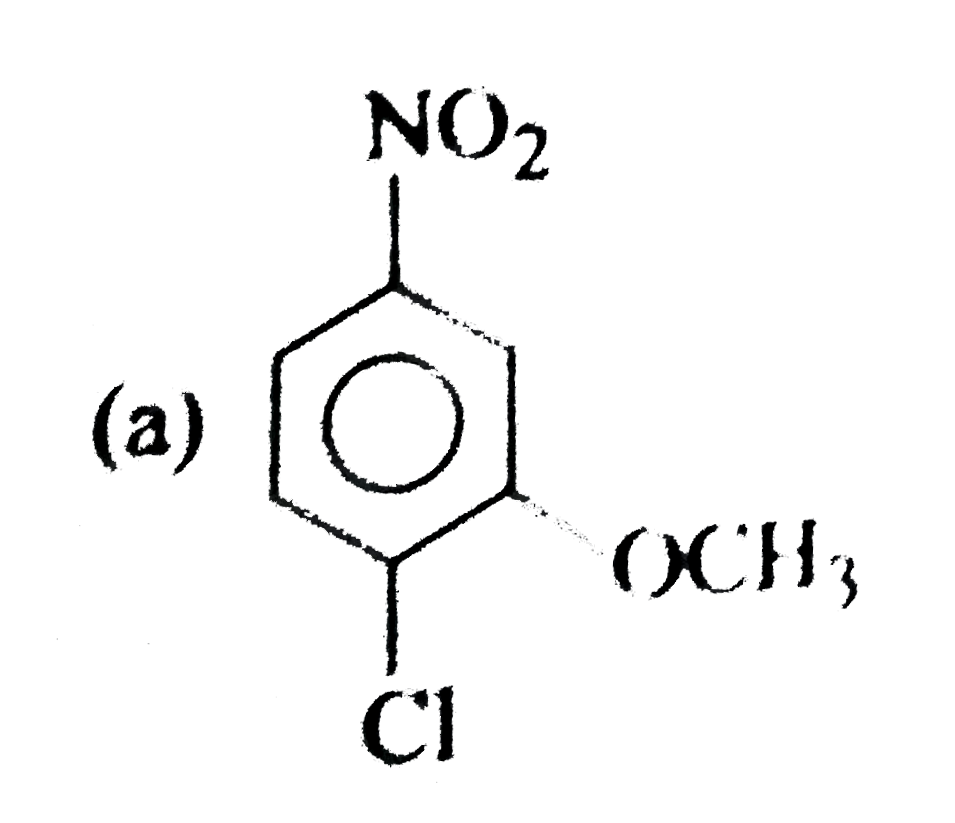 B
B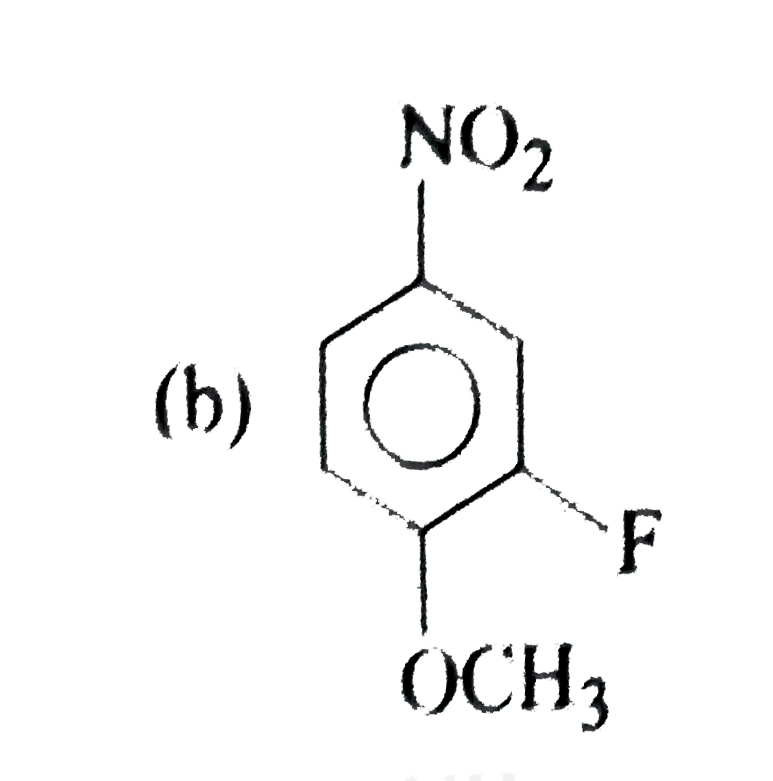 C
C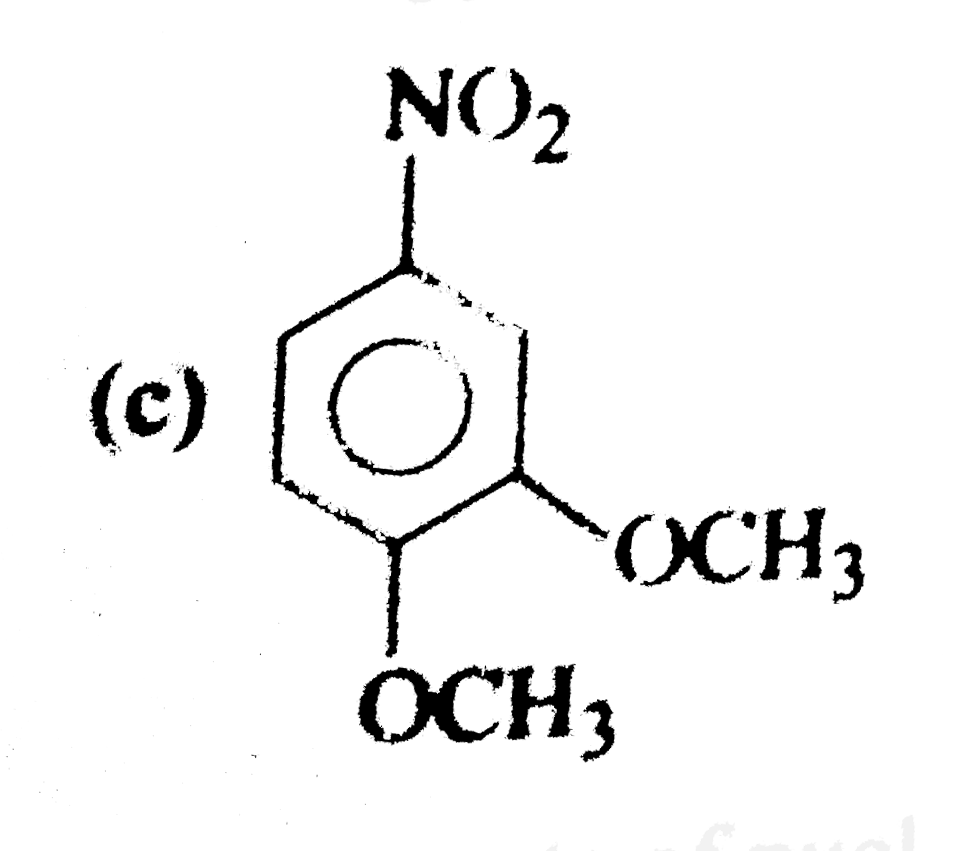 D
D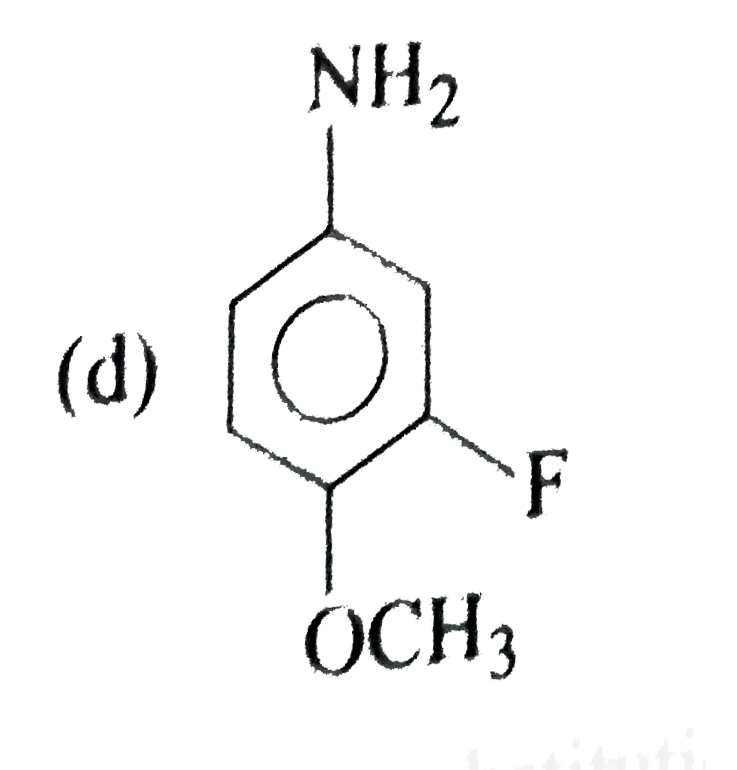
- Question 2 - Select One
For a typical nucleophilic aromatic subsitution reaction to take place.
(1) Nucleophilic atom should be of oxygen, nitrogen or sulphur.
(2) Leaving group should be halide .
(3) There should be strong electron withdarwing at ortho and para position to leaving group.

Fastest nucleophilic aromatic substitution reaction take place in :A B
B C
C D
D
- Question 3 - Select One
For a typical nucleophilic aromatic subsitution reaction to take place.
(1) Nucleophilic atom should be of oxygen, nitrogen or sulphur.
(2) Leaving group should be halide .
(3) There should be strong electron withdarwing at ortho and para position to leaving group.

Compare rate of nucleophilic aromatic substitution reaction in following reactants: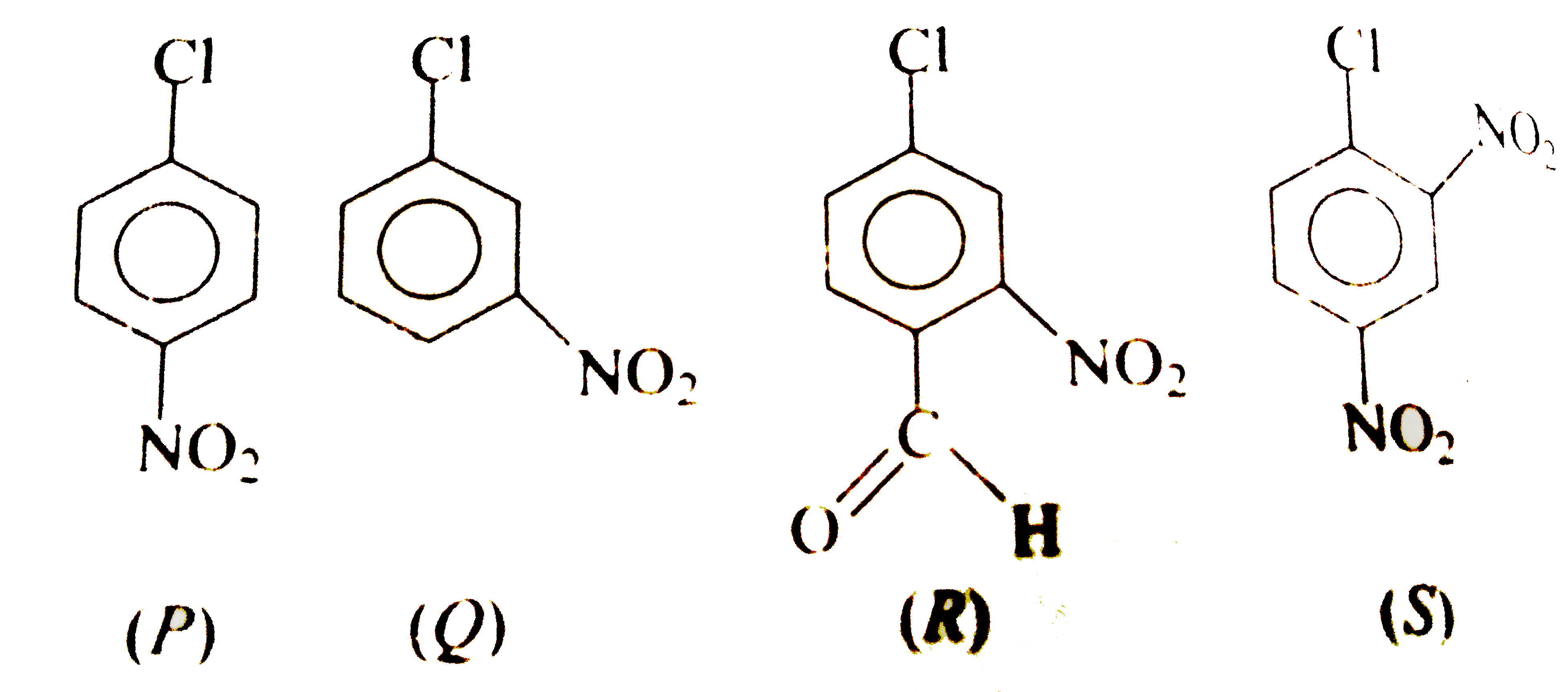 AS>Q>P>RBR>S>P>QCS>R>P>QDP>S>R>Q
AS>Q>P>RBR>S>P>QCS>R>P>QDP>S>R>Q
Aromatic Nucleophilic Substitution Reaction
View SolutionFor a typical nucleophilic aromatic substitution reaction to take place .
1. Nucleophilic atom should be of oxygen nitrogen or sulphur.
2. Leaving groups should be halide.
3. There should be strong electron withdrawing at ortho and para position to leaving group.
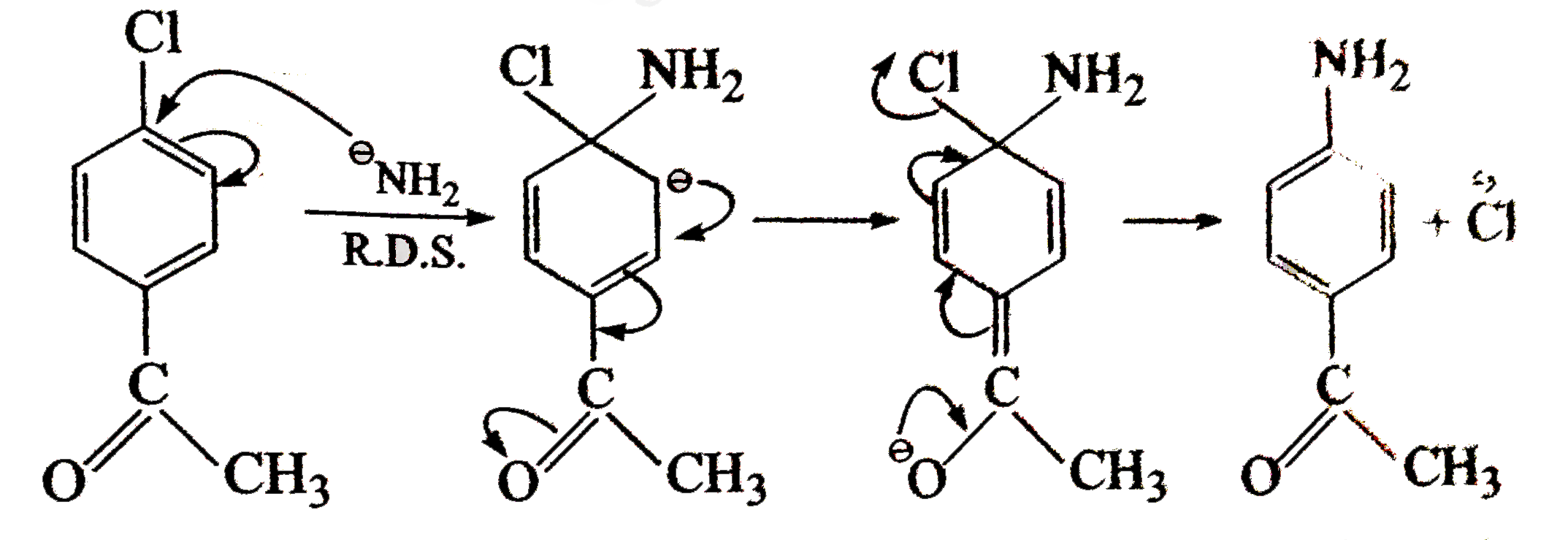
Compare rate of nucleophilic aromatic substitution reaction in following reactants:
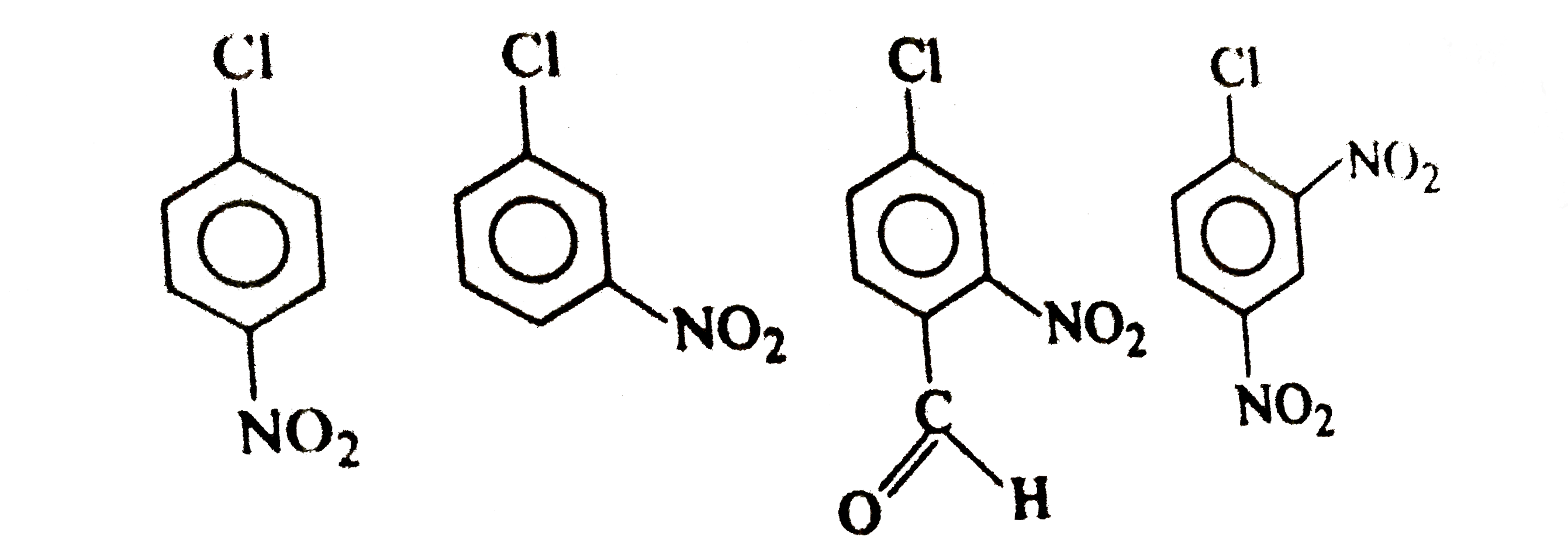 View Solution
View SolutionFor a typical nucleophilic aromatic substitution reaction to take place .
1. Nucleophilic atom should be of oxygen nitrogen or sulphur.
2. Leaving groups should be halide.
3. There should be strong electron withdrawing at ortho and para position to leaving group.
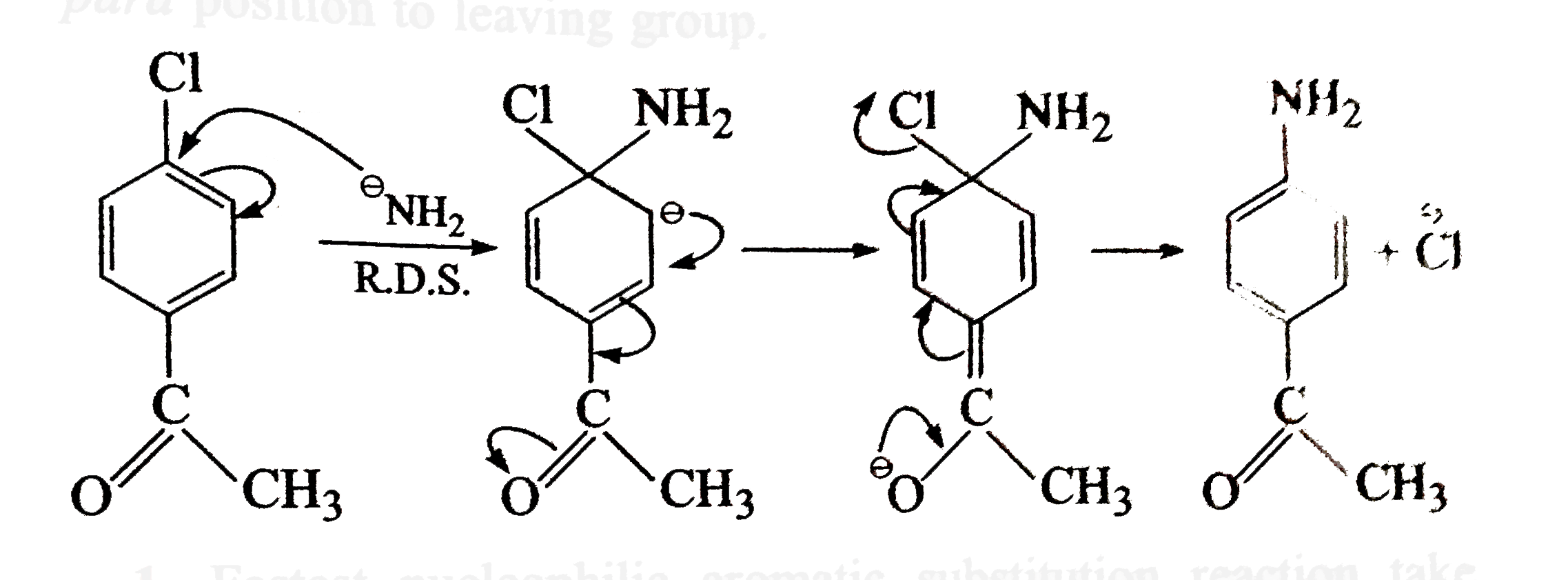
Fastest nucleophilic aromatic substitution reaction take place in :View SolutionNucleophile is a species that should have
View SolutionNucleophile is a species that should have
View Solution
